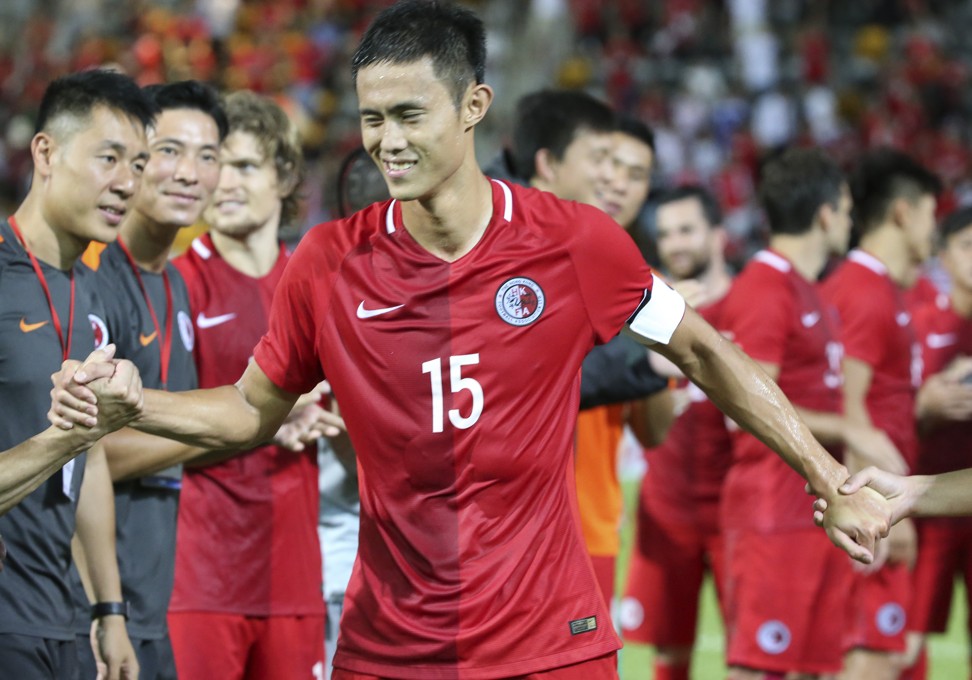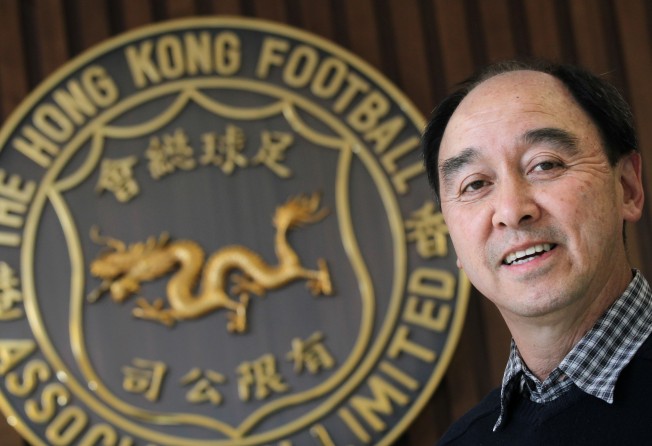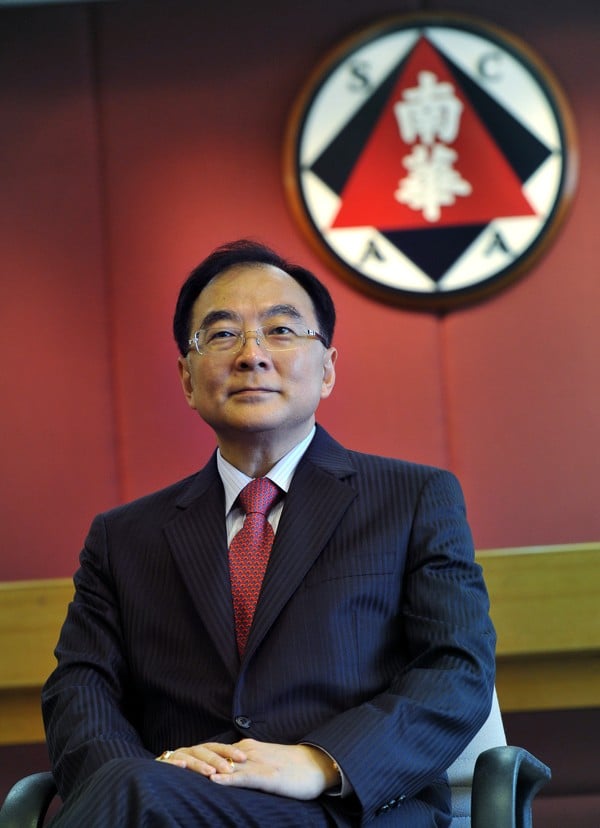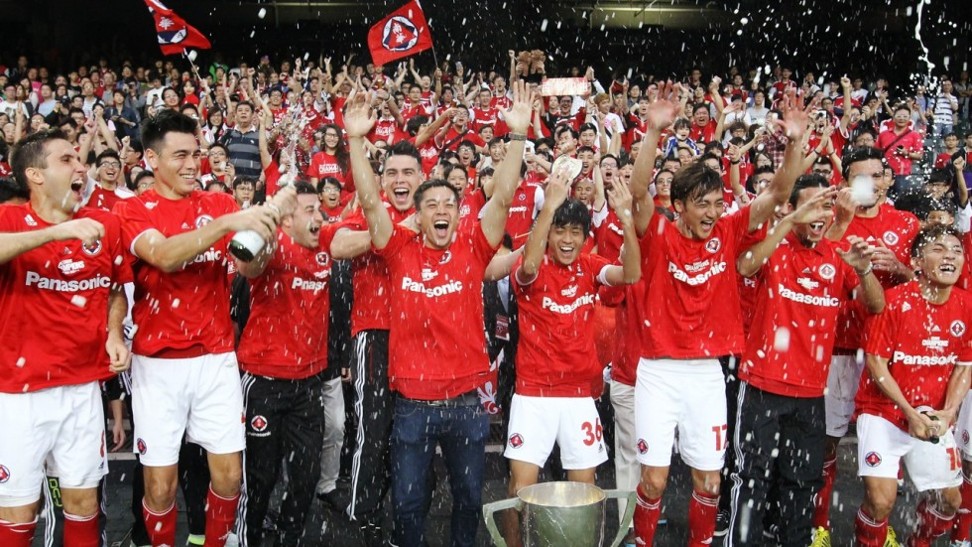
‘We look like we’re moving backwards’: how Hong Kong soccer has struggled since its banishment as an elite sport
A decision 20 years ago to remove the game from the elite sports structure has had far-reaching implications

Banished from Hong Kong’s elite sports structure in 1997 for underperforming, the world’s most popular game has made such insignificant progress it appears to be going backwards.
The decision to exclude soccer from the Hong Kong Sports Institute 20 years ago has had a far-reaching impact on soccer development – or the lack of it, say players and coaches.
“I can’t say Hong Kong soccer has made no progress in the years since the handover, but the progress is so insignificant that when compared to many of our neighbours, we look like we’re moving backwards while the others are making big steps forward,” says former Hong Kong team captain Chan Wai-ho.
“The government has invested a lot more money in soccer in recent years but unfortunately the clubs have never benefited.”

“Soccer is a team sport in which competition for a medal at major games is always fierce,” said Kwok, who coached Hong Kong to their famous victory over China in a World Cup qualifier in Beijing in 1985.
“Soccer is also a popular sport around the whole world. It has great social impact, but the authorities attached little importance to it.”
The now-dissolved Sports Development Board made the controversial call to close the soccer department which had been the cradle of development since the inauguration of the Fo Tan training complex in 1982.
“I still remember the days when we trained on the natural turf at the four soccer grounds at the institute – you can hardly find this for our young players these days,” said Chan Wai-ho, who brought the curtain down on his 17-year international career this month.
“I was a member of the intermediate squad there but we had to leave without completing the course and joined the youth team of different clubs to pursue our career.”
Chan was 16 when he joined Rangers as a youth team member. He then played briefly for Yee Hope in the First Division before returning to Rangers, and then moving to heavyweights South China in 2007 for a reported transfer fee of HK$400,000, the highest for a local player at that time.
The soccer programme at the Sports Institute produced quality young players in the feeder system before they joined First Division clubs to continue their professional careers.

With the closure of the programme at the institute, the responsibility for youth development was handed mainly to individual clubs.
“Most of the professional clubs target winning silverware, getting the biggest return in the quickest way, but unfortunately this is just the opposite of junior development,” said Philip Lee Fai-lap of Rangers, one of the few clubs in Hong Kong that provides regular opportunities for young players.
“They do not have a long-term development plan because they don’t even know how long it would be before their financier loses interest and hands the club to another person.”
The government-sponsored Project Phoenix, an ambitious multi-faceted plan to revitalise the game from grass roots to national level, was launched in 2011 and ran till 2015. The HKFA spent HK$54 million on the project, with few of the objectives being met.

As a player, Chan has seen it all – and is now coming to terms with another significant blow to the sport in Hong Kong.
South China, formed in 1904 and the most successful club in Hong Kong’s history, shocked the city this month by announcing it was pulling out of the Premier League and would focus on the second-tier competition.
Club convenor Wallace Cheung Kwong-yung pumped HK$50 million into the club over the past three seasons, but the trophy cabinet was bare.
Rangers’ Lee said that before the handover many matches could easily attract 10,000 fans to Hong Kong Stadium.
“What’s the average attendance of a match these days in the Premier League?” he asked. “It’s going to be even worse without South China next season and this tells us the progress we have made since the handover.”